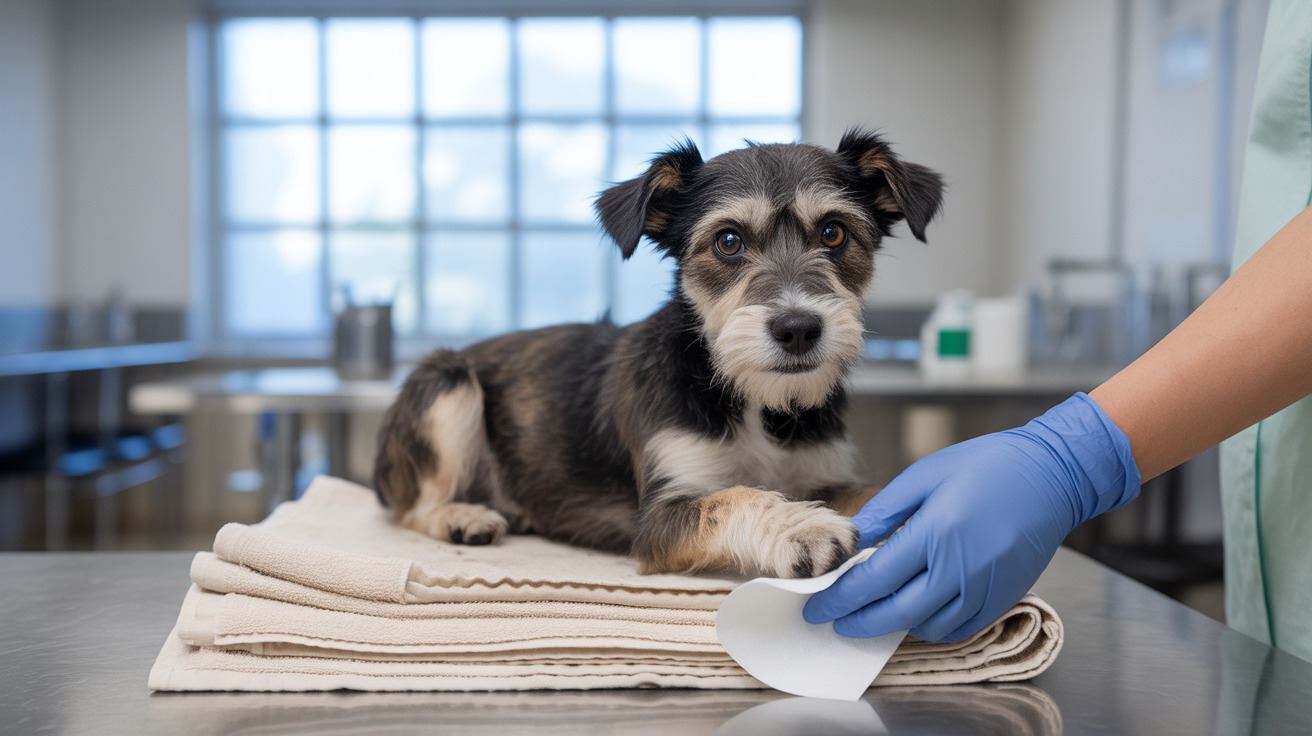Introduction
When you notice your cat's heart beating fast, it's natural to feel concerned. While cats naturally have higher heart rates than humans, understanding what's normal and what signals a potential problem is crucial for every cat owner. This comprehensive guide will help you understand the causes of rapid heart rates in cats, how to monitor your pet's heart health, and when to seek veterinary care.
A cat's normal heart rate typically ranges from 140-220 beats per minute, though this can vary based on factors like age, size, and activity level. Knowing this baseline is essential for recognizing when your cat's heart rate becomes concerning.
Understanding Normal Feline Heart Rates
Cats naturally maintain higher heart rates than many other mammals due to their small size and quick metabolism. Kittens often have even faster heart rates, which gradually stabilize as they mature. Several factors influence what's considered "normal" for your particular cat:
- Age (younger cats have faster rates)
- Size (smaller cats typically have faster rates)
- Activity level
- Emotional state
- Environmental conditions
Common Causes of Rapid Heart Rate in Cats
A fast-beating heart in cats can stem from various sources, ranging from normal responses to medical conditions:
Natural Causes
- Exercise or physical activity
- Excitement or play
- Stress or anxiety
- Environmental temperature
Medical Conditions
- Hyperthyroidism
- Heart disease
- Respiratory problems
- Anemia
- Shock or trauma
- Systemic infections
Monitoring Your Cat's Heart Rate
Learning to check your cat's heart rate at home can help you identify potential problems early. Here's how:
- Wait until your cat is calm and relaxed
- Place your fingers on the femoral artery (inside of the thigh) or behind the left front leg
- Count the beats for 15 seconds and multiply by 4
- Record the results for future reference
When to Be Concerned
While some instances of rapid heart rate are normal, certain situations warrant immediate veterinary attention:
- Persistent rapid heart rate during rest
- Accompanying symptoms like:
- Difficulty breathing
- Lethargy
- Loss of appetite
- Collapse or fainting
- Unusual behavior changes
Treatment and Management
Treatment for a rapid heart rate depends on the underlying cause. Your veterinarian may:
- Perform diagnostic tests to identify the cause
- Prescribe medication for specific conditions
- Recommend lifestyle changes
- Monitor heart health regularly
- Treat any underlying conditions
Frequently Asked Questions
What is a normal heart rate range for cats, and how can I measure my cat's heart rate at home?
A normal cat heart rate ranges from 140-220 beats per minute. To measure at home, place your fingers on the inside of your cat's thigh near the groin area or behind the left front leg. Count the beats for 15 seconds and multiply by 4 to get the beats per minute.
What common causes make a cat's heart beat fast, and when should I be concerned about tachycardia?
Common causes include excitement, stress, exercise, and medical conditions like hyperthyroidism or heart disease. Be concerned if your cat's heart beats rapidly while resting or if accompanied by other symptoms like difficulty breathing or lethargy.
What symptoms indicate that a cat's rapid heartbeat might be a sign of an underlying health problem?
Watch for difficulty breathing, lethargy, decreased appetite, fainting, behavioral changes, or persistent rapid heart rate during rest. These symptoms may indicate an underlying health issue requiring veterinary attention.
How do veterinarians diagnose the cause of a fast heart rate in cats, and what tests are typically involved?
Veterinarians typically perform physical examinations, blood tests, ECGs, and imaging studies like X-rays or ultrasounds. They may also check thyroid levels and conduct other specific tests based on suspected causes.
What steps can I take to manage and prevent my cat's heart rate from becoming dangerously high?
Maintain regular veterinary check-ups, minimize stress, provide a calm environment, ensure proper diet and exercise, and learn to monitor your cat's heart rate at home. Address any concerning changes promptly with your veterinarian.
Conclusion
While a cat's heart beating fast can be concerning, understanding the normal ranges and potential causes helps you make informed decisions about your pet's health. Regular monitoring, awareness of warning signs, and prompt veterinary care when needed will help ensure your cat's cardiovascular health remains optimal.






